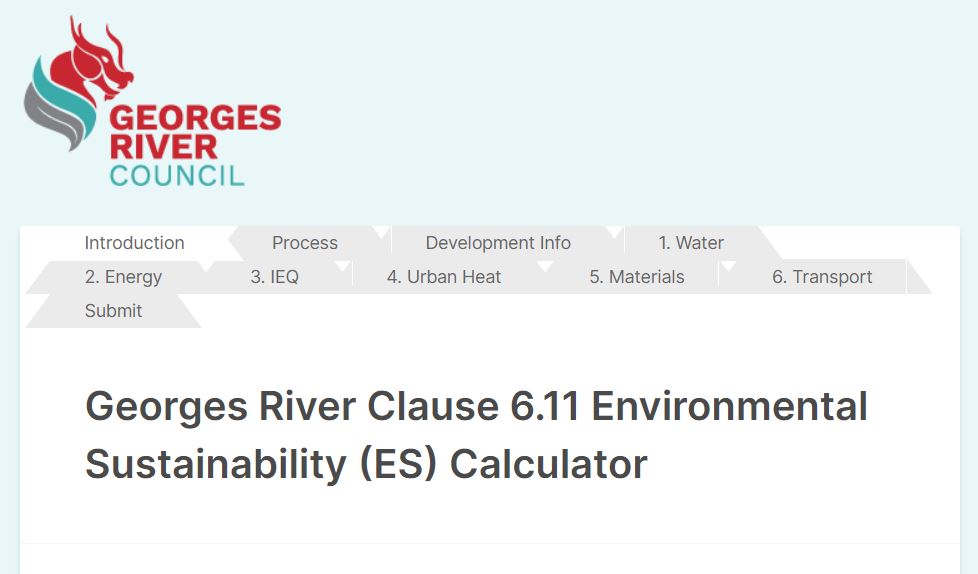
New reporting standards for larger Australian businesses will help push sustainable behaviour including embracing low carbon and circular materials use.
Highlights from the article follow.
Australian businesses are about to undergo what has been described as the biggest change in corporate reporting in decades.
The introduction of mandatory climate disclosures, based on the International Sustainability Standards Board (ISSB), could be a shot in the arm for Australia to meet emissions targets, says Matt Hyatt, Head of Sustainability at BINGO Industries.
“If we’re serious about hitting emissions targets, the metrics that come from these disclosures will hopefully encourage companies to be ambitious, set actionable plans and really provide the financial impetus to make the big investments needed to minimise the impact of climate change.”
It’s already mandatory for large companies that meet reporting thresholds to report scope one – direct emissions, or those that are owned or controlled by a company – and scope two emissions that are a consequence of the activities of the company but occur from sources not owned or controlled by it, such as electricity.
Under the new ISSB climate disclosure rules, they will now also have to report scope three emissions – all indirect emissions that occur across the value chain and are outside an organisation’s control. These can include employee travel, extraction and production of purchased materials, as well as the transport and disposal of waste.
Circular economy strategies reduce the demand for raw materials and new products, and can help reduce global emissions from the extraction and processing of materials.
While steel and concrete and aggregates are being recycled, timber has mostly been mulched for lower value use landscaping. BINGO Industries is transforming reclaimed timber from C&D sites into alternative fuels to displace coal, and back into timber product such as recycled particle board.



